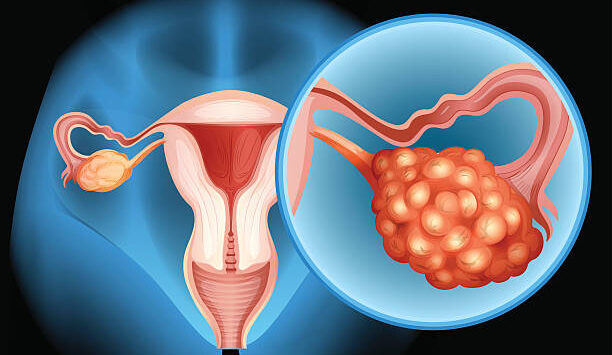Cancer Research Institute shared a post on LinkedIn:
“Each year, approximately 300,000 people are diagnosed with ovarian cancer, resulting in around 180,000 deaths worldwide. One of the biggest challenges in treating this cancer is its ability to resist immunotherapy.
Researchers including CRI Postdoctoral Fellow Dr. Chiara Falcomatà, former CRI-Bristol Myers Squibb Postdoctoral Fellow Dr. Nelson LaMarche, CRI Clinical Accelerator Investigator Dr. Dmitriy Zamarin, CRI Scientific Advisory Council member Dr. Miriam Merad, and former CRI Technology Impact Award recipient Dr. Brian Brown of Icahn School of Medicine at Mount Sinai have discovered that IL-4, a protein secreted by ovarian cancer cells, plays a key role in hindering the effectiveness of anti-PD-1 therapies such as Keytruda and Opdivo.
In a new Cell by Cell Press publication, they share that IL-4 recruits macrophages and creates an immunosuppressive microenvironment.
Additionally, the study reveals that varying levels of tumor-derived cytokines, including IL-4, contribute to unique microenvironments that allow ovarian cancer to thrive and evade treatment.
Continue to discover how this groundbreaking finding could pave the way for more effective therapies in the fight against ovarian cancer.
Ovarian cancer-derived IL-4 promotes immunotherapy resistance
Authors: Gurkan Mollaoglu,Alexander Tepper, Chiara Falcomatà,Hunter T. Potak,Luisanna Pia,Angelo Amabile,Jaime Mateus-Tique,Noam Rabinovich,Matthew D. Park,Nelson M. LaMarche,Rachel Brody,Lindsay Browning,Jia-Ren Lin,Dmitriy Zamarin,Peter K. Sorger,Sandro Santagata, Miriam Merad, ”



